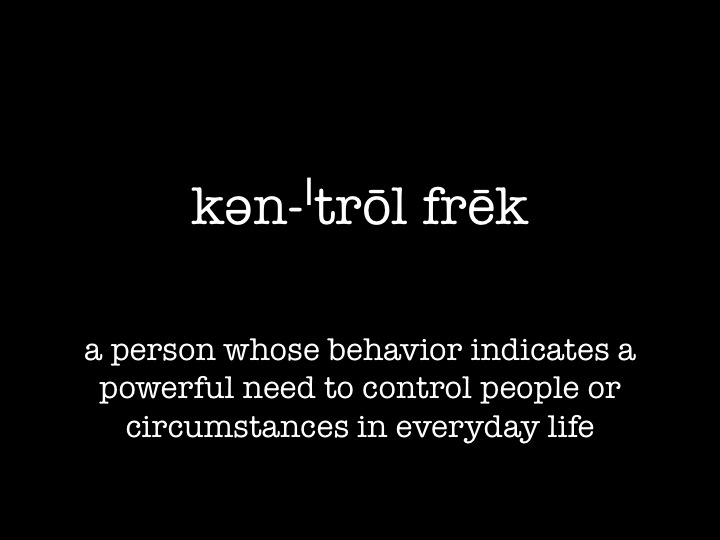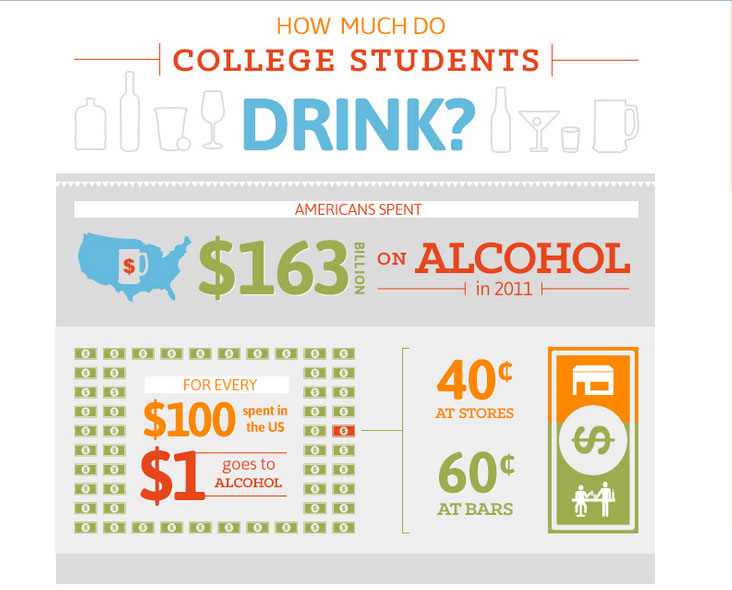 Since I’m a mom, and you’re most likely a mom (or dad), you feel a kindred spirit with other parents, especially if they have been through or are going through the college prep process.
Since I’m a mom, and you’re most likely a mom (or dad), you feel a kindred spirit with other parents, especially if they have been through or are going through the college prep process.
Aside from my blog, Parents Countdown to College Coach, there are other moms out there sharing their stories, their knowledge and their expertise. Below is my favorite list of nine moms blogging about college, add mine and it’s 10!
1. Dr. Strange College
This mom chronicles the college prep process as she experiences it with her kids. You will find excellent “how to” information and tips on how to motivate and keep your college-bound teen organized. What’s great about this blog? You can walk through the process with her.
2. How to Win Scholarships Money Blog
This mom helps you with the scholarship search process and with scholarship applications. Her blog highlights various scholarships and give parents tips on how to make their student’s scholarship application stand out.
3. Smart College Visit
This is a blog dedicated to help parents with the college visit and provides other advice for parents as well in the form of weekly tips.
4. More Than a Test Score
This blog, hosted by Zinch, has a parents tab that speaks specifically to parents. How do you know it’s a mom writing the blog posts? The majority of the posts were written by me!
5. POCSMom Blog
This parent of college student mom helps parents de-stress during the college prep process offering advice on how to relax and laugh when you get overwhelmed. She also collaborates with me on a weekly blog post: Wednesday’s Parent.
6. Galtime-Parenting Tweens and Teens
Galtime is an online magazine for women, but if you go to their Parenting-Tweens and Teens tab you’ll find all kinds of advice on parenting college-bound teens, most written by moms.
7. The Perfect Score Project
This mom made it her goal to take the SAT test and get a perfect score while studying along with her son (and now daughter). Having trouble motivating your teen to study? This is the blog to read.
8. How to Pay for College HQ
This isn’t a blog; it’s a podcast. But this mom does transcribe each weekly podcast with information and links from her guests. Her goal is to send her four children to college without incurring debt–and she’s gathering together all the experts to pick their brains about it. Subscribe to her podcasts. You won’t regret it!
9. The Neurotic Parent
This mom started this blog while on an eight-state college tour with her oldest son. Her Neurotic Parent Archives offer some excellent advice for parents of college-bound teens with a little humor and sarcasm to the mix.
Do yourself a favor and check out these blogs, follow their RSS feeds, and sign up for their mailing lists to get updates when they post.









